Dana Stevens - Camera Man: Buster Keaton, the Dawn of Cinema, and the Invention of the Twentieth Century
Here you can read online Dana Stevens - Camera Man: Buster Keaton, the Dawn of Cinema, and the Invention of the Twentieth Century full text of the book (entire story) in english for free. Download pdf and epub, get meaning, cover and reviews about this ebook. year: 2022, publisher: Atria Books, genre: Non-fiction. Description of the work, (preface) as well as reviews are available. Best literature library LitArk.com created for fans of good reading and offers a wide selection of genres:
Romance novel
Science fiction
Adventure
Detective
Science
History
Home and family
Prose
Art
Politics
Computer
Non-fiction
Religion
Business
Children
Humor
Choose a favorite category and find really read worthwhile books. Enjoy immersion in the world of imagination, feel the emotions of the characters or learn something new for yourself, make an fascinating discovery.
- Book:Camera Man: Buster Keaton, the Dawn of Cinema, and the Invention of the Twentieth Century
- Author:
- Publisher:Atria Books
- Genre:
- Year:2022
- Rating:3 / 5
- Favourites:Add to favourites
- Your mark:
Camera Man: Buster Keaton, the Dawn of Cinema, and the Invention of the Twentieth Century: summary, description and annotation
We offer to read an annotation, description, summary or preface (depends on what the author of the book "Camera Man: Buster Keaton, the Dawn of Cinema, and the Invention of the Twentieth Century" wrote himself). If you haven't found the necessary information about the book — write in the comments, we will try to find it.
In this genre-defying work of cultural history, the chief film critic of Slate places comedy legend and acclaimed filmmaker Buster Keatons unique creative genius in the context of his time.
Born the same year as the film industry in 1895, Buster Keaton began his career as the child star of a family slapstick act reputed to be the most violent in vaudeville. Beginning in his early twenties, he enjoyed a decade-long stretch as the director, star, stuntman, editor, and all-around mastermind of some of the greatest silent comedies ever made, including Sherlock Jr., The General, and The Cameraman.
Even through his dark middle years as a severely depressed alcoholic finding work on the margins of show business, Keatons life had a way of reflecting the changes going on in the world around him. He found success in three different mediums at their creative peak: first vaudeville, then silent film, and finally the experimental early years of television. Over the course of his action-packed seventy years on earth, his life trajectory intersected with those of such influential figures as the escape artist Harry Houdini, the pioneering Black stage comedian Bert Williams, the television legend Lucille Ball, and literary innovators like F. Scott Fitzgerald and Samuel Beckett.
In Camera Man, film critic Dana Stevens pulls the lens out from Keatons life and work to look at concurrent developments in entertainment, journalism, law, technology, the political and social status of women, and the popular understanding of addiction. With erudition and sparkling humor, Stevens hopscotches among disciplines to bring us up to the present day, when Keatons breathtaking (and sometimes life-threatening) stunts remain more popular than ever as they circulate on the internet in the form of viral gifs. Far more than a biography or a work of film history, Camera Man is a wide-ranging meditation on modernity that paints a complex portrait of a one-of-a-kind artist.
Dana Stevens: author's other books
Who wrote Camera Man: Buster Keaton, the Dawn of Cinema, and the Invention of the Twentieth Century? Find out the surname, the name of the author of the book and a list of all author's works by series.


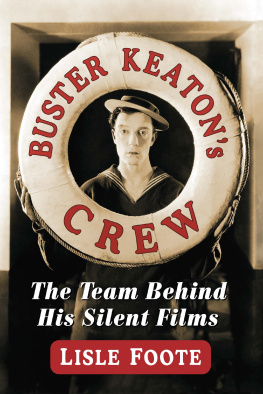
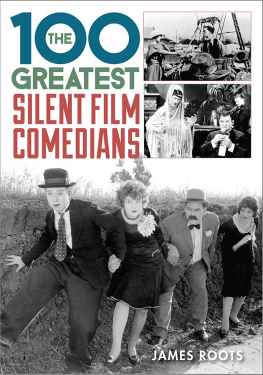

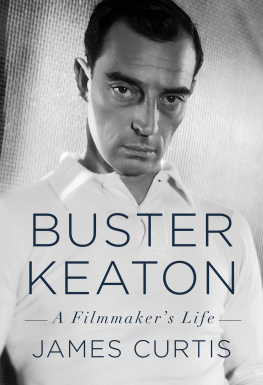
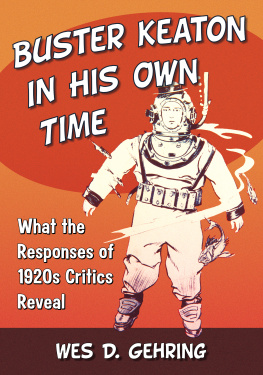
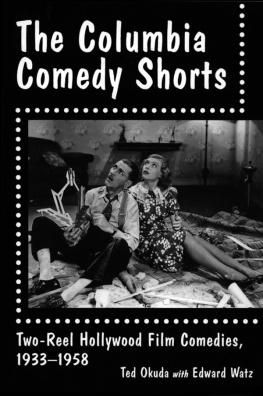

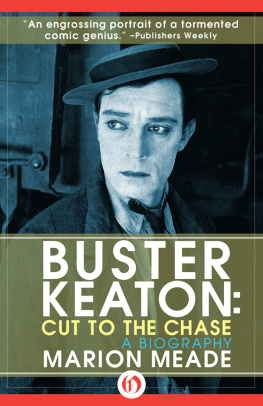
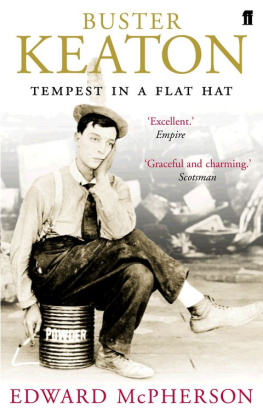
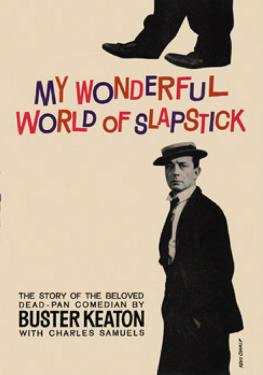
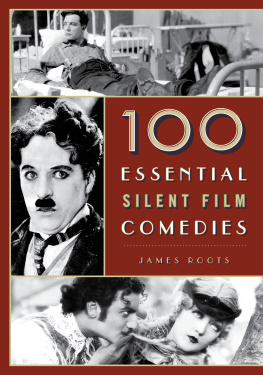

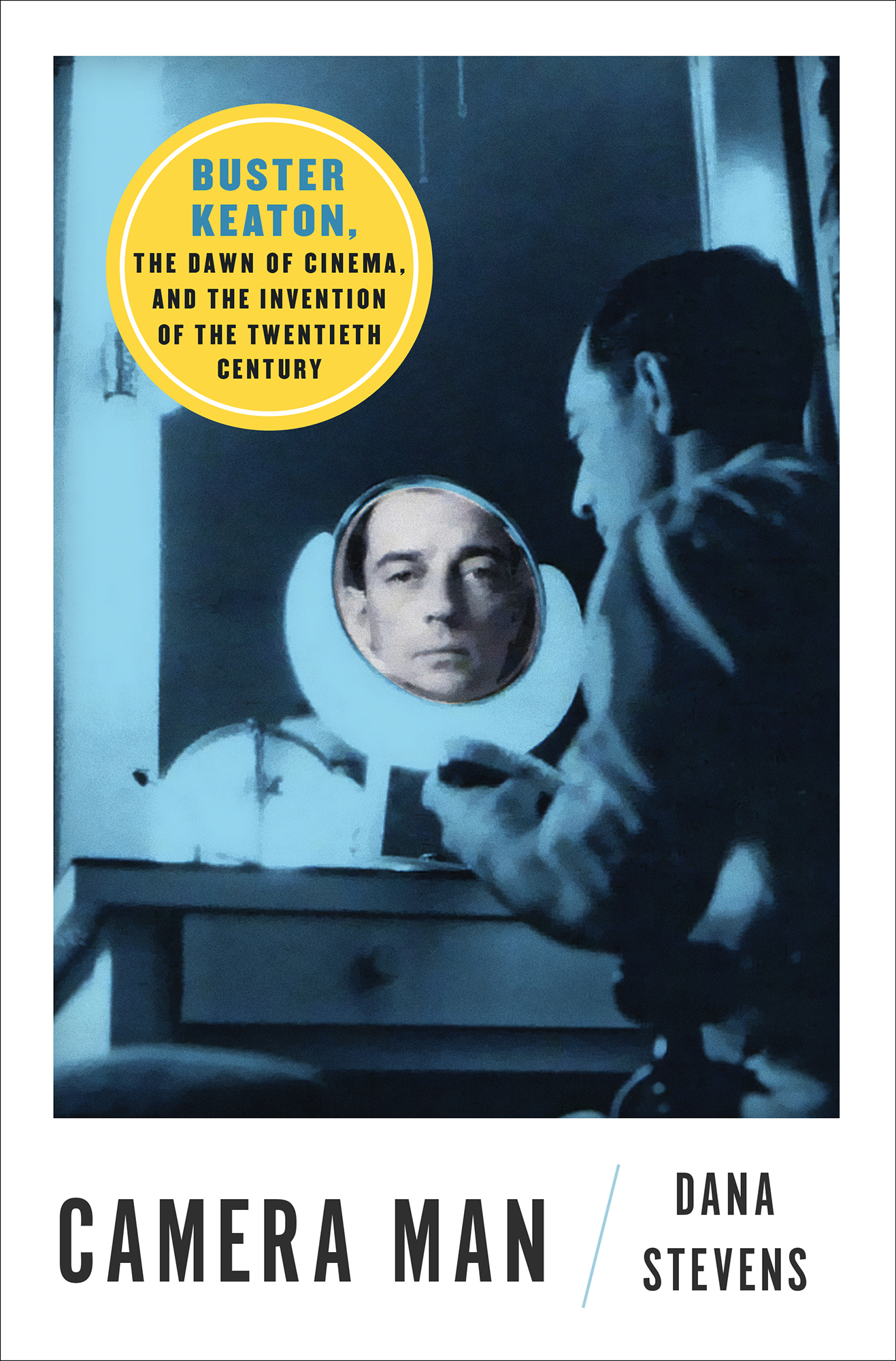


 and colophon are trademarks of Simon & Schuster, Inc.
and colophon are trademarks of Simon & Schuster, Inc.